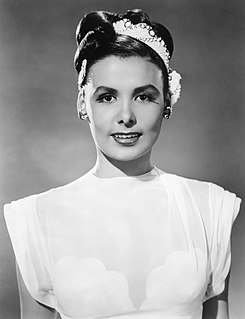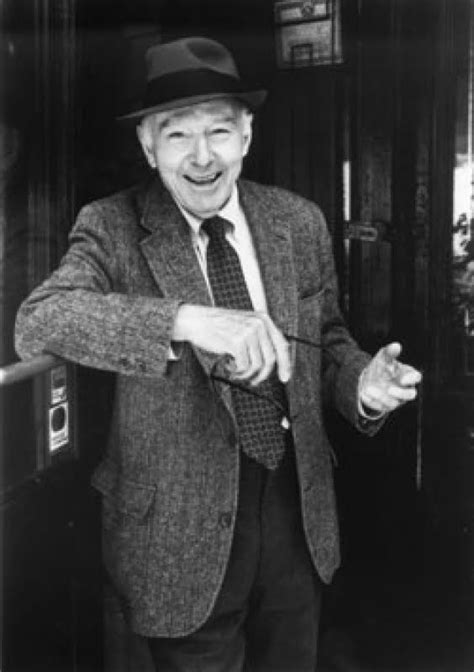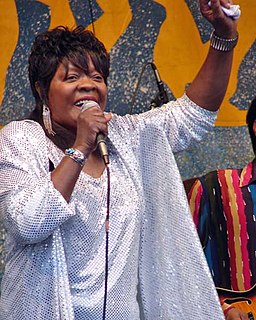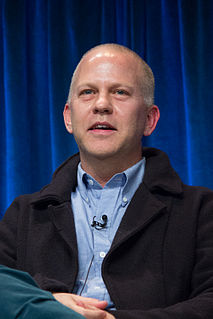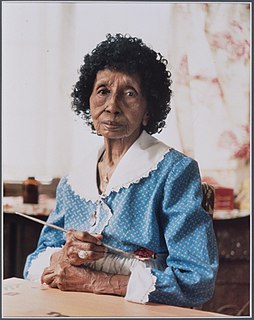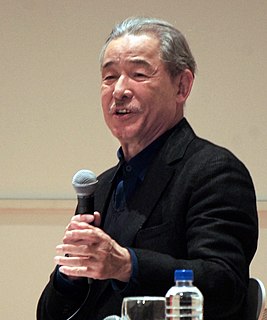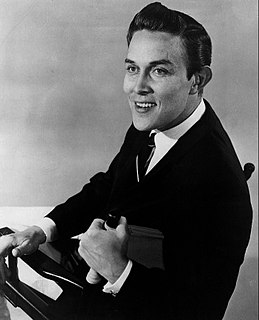A Quote by Cab Calloway
We didn't have any segregation at the Cotton Club. No. The Cotton Club was wide open, it was free.
Related Quotes
I think life is cotton candy on a rainy day. For those who grew up with cotton candy the old-fashioned way, it is very delicate. Pre-made cotton candy that has preservatives is not nearly as good or true. True cotton candy is sugar, color, and air and it melts very quickly. That was the metaphor - it can't be preserved, it can't be put aside, it can't be banked. It has to be experienced, like life.
I think that the reason my records are able to live forever in the club is because I actually like to be in the club. I don't go to the club to do VIP or get bottles or nothin' - I go to the club, I enjoy the people, I see what the people are vibin' off, and I see what makes me go crazy in the club also, and that has a lot of influence on what I bring to the table when I'm thinking of making a big club record.
I started learning my lessons in Abbot Texas, where I was born in 1933. My sister Bobbie and I were raised by our grandparents [...] We never had enough money, and Bobbie and I started working at an early age to help the family get by. That hard work included picking cotton. [...] Picking cotton is hard and painful work, and the most lasting lesson I learned in the fields was that I didn't want to spend my life picking cotton.

